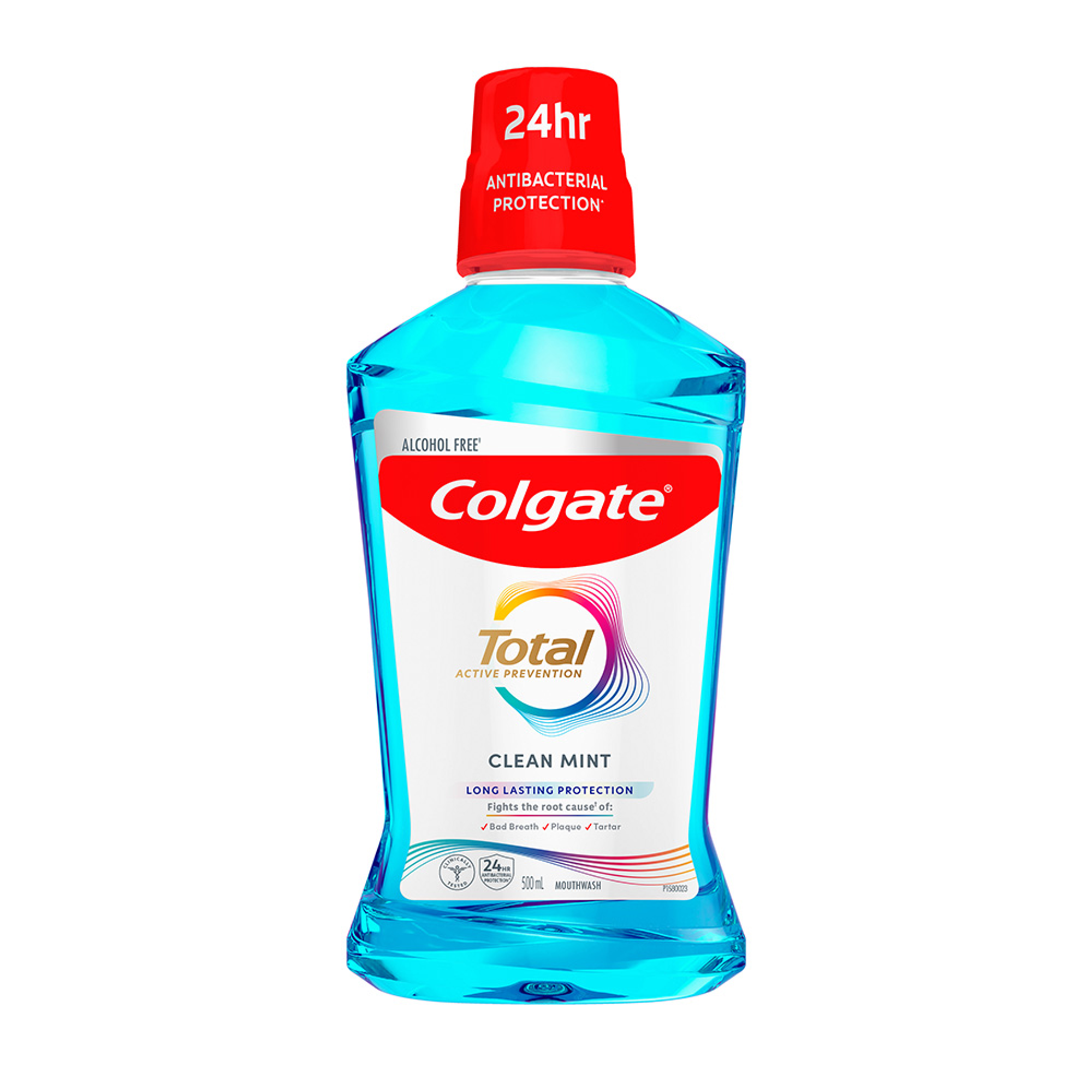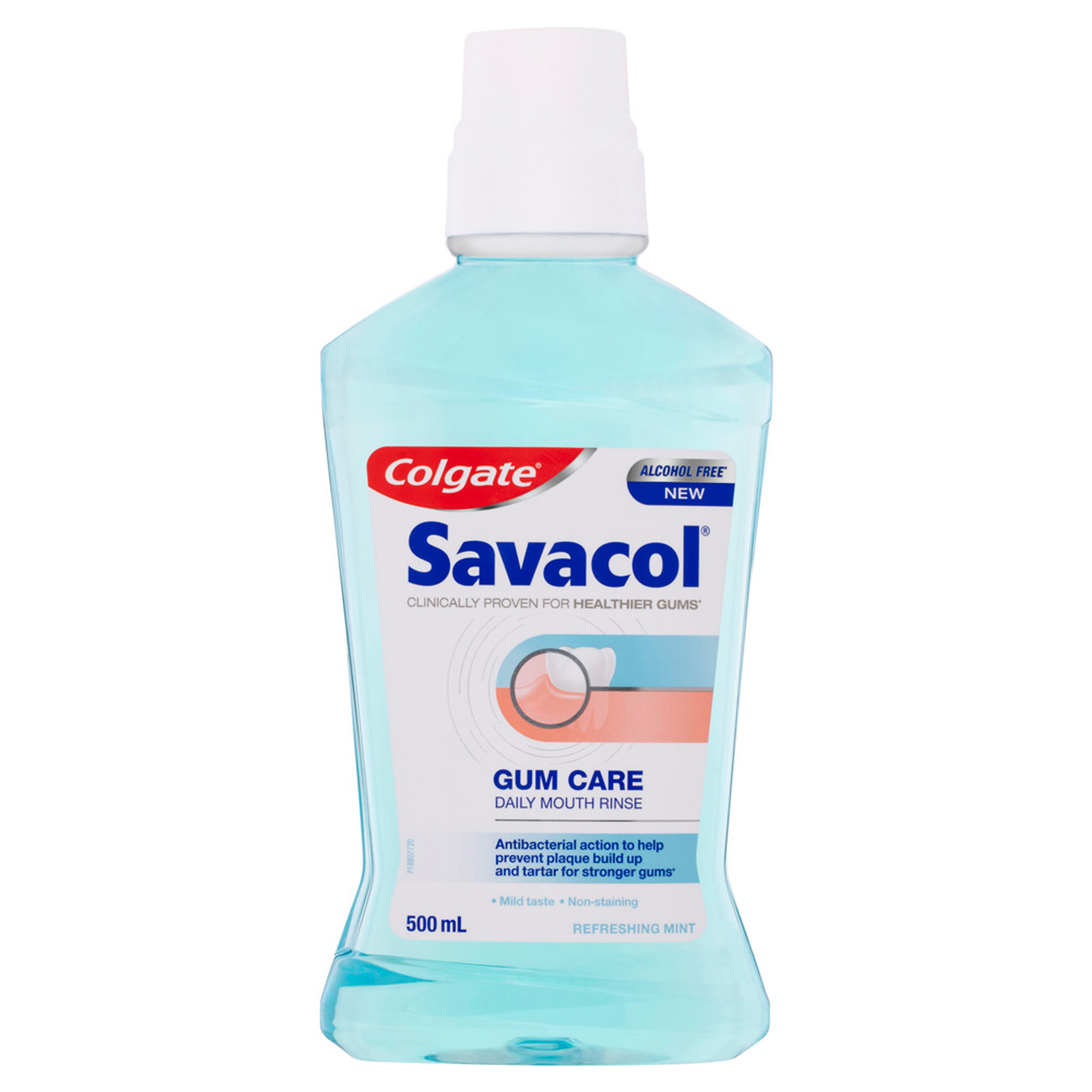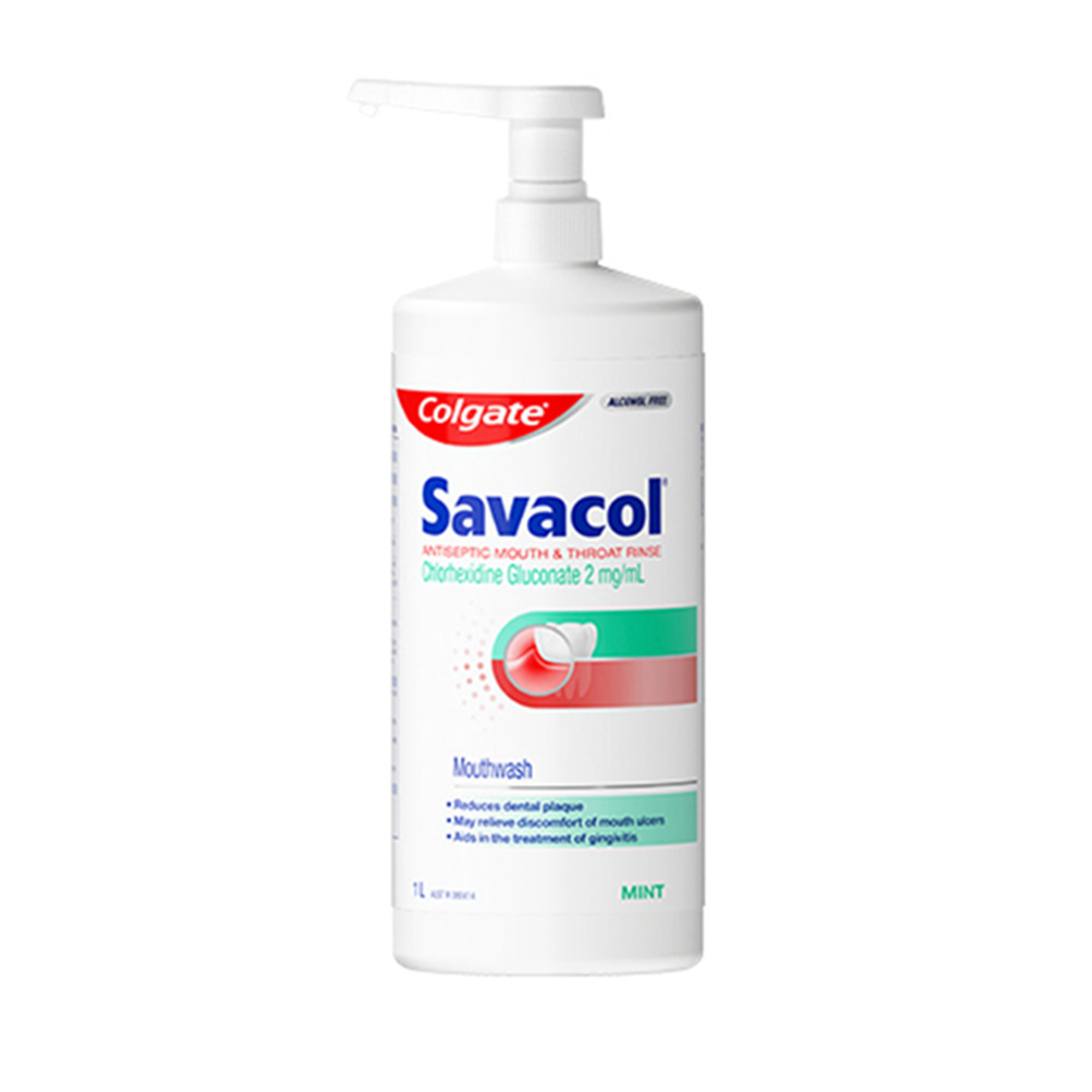
You’ve finally graduated and millions of thoughts buzz through your head as you refine your clinical skills treating patients. It’s a steep learning curve and you begin to notice aspects of your patient’s health that extend beyond the oral cavity, yet still impact upon their dental health. Whilst we all do a wonderful job of managing our patient’s oral health, it’s a time to reflect on the importance of establishing strong interdisciplinary relationships with other professionals and health providers.
So, who are the professionals and health providers we could be collaborating with? The list can go on and on as the number of different service providers seem to be ever increasing in our communities.
Speech Pathologists play a vital role in the diagnosis and treatment of communication disorders. Speech Pathology Australia describe this to include ‘difficulties with speaking, listening, understanding language, reading, writing, social skills, stuttering and using voice.’ Their scope of work can include people who have difficulty communicating from developmental delays, stroke, brain injuries, learning disabilities, intellectual disabilities, cerebral palsy, dementia and hearing loss, as well as numerous other problems that can affect speech and language.
Many of their patients may have difficulty in swallowing and proper oral clearance of foods. This can place their patients at a high caries risk due to increased retention of foods inside the oral cavity. Additionally, some of their patients may exhibit habitual tongue thrusts which can cause different manifestations of malocclusions. Establishing a collaborative channel between dental practitioners and speech pathologists can not only increase the mutual awareness of each other’s scope of practice but can also result in a collaborative effort to improve a patient’s oral health.
Dieticians are health professionals who are qualified in the areas of nutrition and dietetics and registered with a national body. The International Confederation of Dietetic Associations identify a dietician’s scope to apply “the science of nutrition to the feeding and education of groups of people and individuals in health and disease.” Dieticians have the ability to provide specialised advice to patients, tailored to optimise their general health. Their position allows them to reiterate messages specific to maintaining one’s oral health: frequency of intake, consistency of foods (high in sugar, retentive, etc) and combination of foods eaten (food and drinks eaten together at mealtimes).
Physiotherapists are registered health practitioners who assess, prevent and treat disorders in human movement caused by disease and injury. Collaboration between dental professionals and physiotherapists can aid in managing Temporomandibular Joint Disorders (TMD) often experienced and detected in patients when visiting the dental office. Additionally, physiotherapists may aid in the rehabilitation of patients who may have limited mobility and reduced dexterity.
Patients with special needs, impaired dexterity, and/or whom may suffer from cognitive impairments can struggle with independent tasks such as using a toothbrush effectively, opening a tube of toothpaste, and conducting adequate denture hygiene practices. Occupational Therapists, aged care providers, and carers may be placed in roles whereby they work closely with such patients. Collaborative efforts from dental professionals with these practitioners can help in establishing achievable oral hygiene practices accommodating compliance, dexterity, behaviours and preferences. These preventative strategies can help to reduce the incidence of numerous oral & systemic diseases such as dental caries, periodontal disease, denture stomatitis and aspiration pneumonia.
Phobias and anxiety can prove challenging when treating patients and can also be a significant barrier for patients in accessing dental care. Psychologists are highly qualified health professionals who are experts in providing psychological therapy to help people overcome a range of difficulties. Psychologists can assist in managing extreme dental phobias, aid in patients with depression and can help in inspiring motivation and positive oral health habits.
Schoolteachers are perfectly positioned professionals to aid in emphasising the importance of good oral hygiene to children in their early years. They may also be present in cases of dental traumas that can occur at school sports, camps or in the schoolyard. Dental professionals can work together with schoolteachers in educating about dental first aid and may provide their students with a more in-depth presentation on oral health.
Finally, collective efforts with dental professionals and medical staff (doctors and nurses) can help ‘to put the mouth back into the body’. Collaborating with general medical practitioners and hospital staff can aid in triaging dental/medical emergencies, ascertain a patient’s ability to tolerate dental treatment, and provide insight into the progress and level of control of systemic conditions such as diabetes, cardiac disorders, and immunosuppression.
By working closely with other professionals and health providers, dental professionals can help to ensure they can deliver not only optimal oral health care to their patients, but a holistic approach to a patient’s overall care. Together we can continue to drive the importance of oral health for general health and continue advocating the numerous services our diverse dental profession provides.
William Carlson-Jones is an Oral Health Therapist currently practicing in rural South Australia working across school & community dental clinics. Completing his Bachelor of Oral Health in 2016 from the University of Adelaide, William is currently undertaking a Master of Business Administration (Health Service Management) and a Graduate Certificate in Oral Health Science. Additionally, he is the National Treasurer and state branch Vice-President for the Australian Dental & Oral Health Therapists’ Association (ADOHTA). He is one of Colgate’s representatives on the Advocates for Oral Health: Editorial Community.
Join us
Get resources, products and helpful information to give your patients a healthier future.
Join us
Get resources, products and helpful information to give your patients a healthier future.











